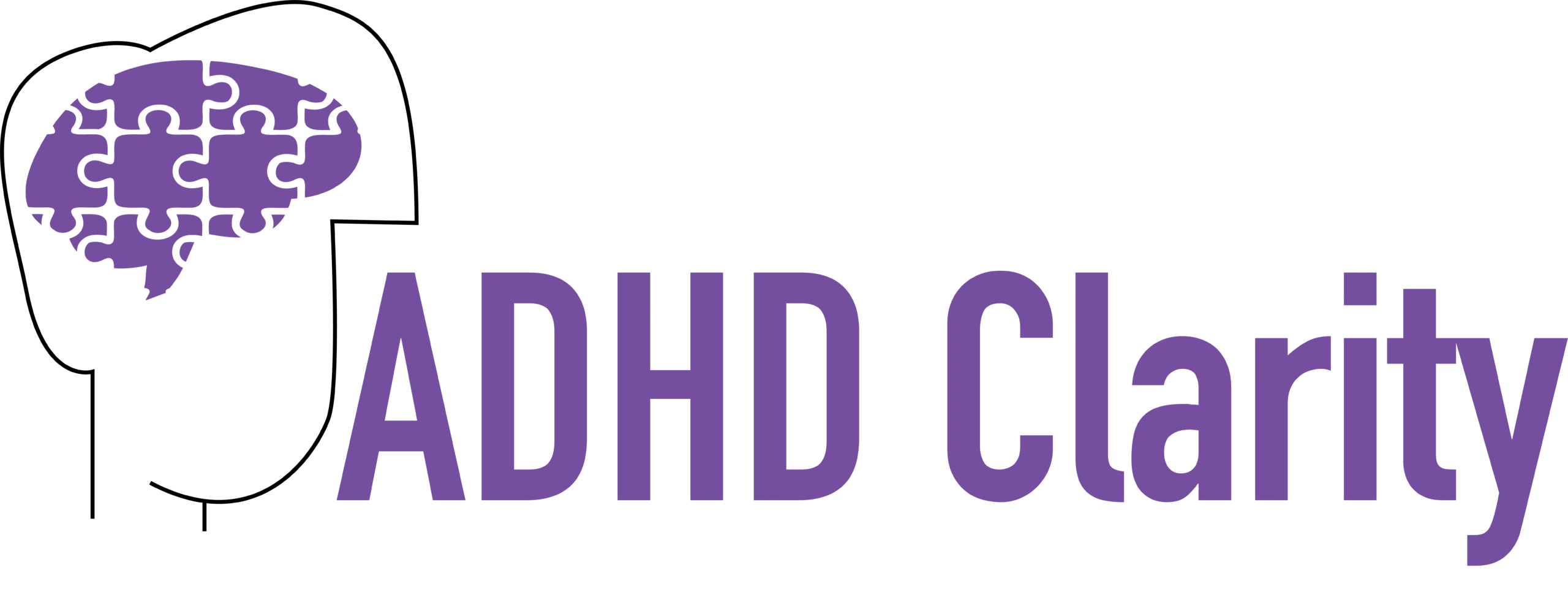What is ADHD?
Types of ADHD
- Predominantly inattentive presentation: Challenges with focus, distractibility, and forgetfulness.
- Predominantly hyperactive-impulsive presentation: Excessive energy, impulsivity, and difficulty staying still.
- Combined presentation: Inattentive & hyperactive-impulsive symptoms.
Causes of ADHD
- Genetics: ADHD often runs in families.
- Brain structure and function: Differences in neurotransmitter activity and brain regions linked to attention and impulse control.
- Environmental influences: Premature birth, low birth weight, or exposure to toxins (e.g., lead) may increase risk.
Diagnosing ADHD
- Clinical interviews about behaviour and history.
- Questionnaires for the individual, family, or teachers.
- Ruling out other conditions (e.g., anxiety, learning disabilities).
Treatment and Support
- Medication: Stimulants (e.g., methylphenidate) or non-stimulants.
- Therapy: Cognitive behavioural therapy (CBT) to develop coping strategies.
- Lifestyle: Structured routines, exercise, and organisational tools.
ADHD in Adults
- Chronic lateness or disorganisation.
- Trouble managing time or completing tasks.
- Impulsive decisions affecting work or relationships.
ADHD in Children
- Difficulty sitting still in class.
- Frequent daydreaming or losing belongings.
- Impulsive actions, like shouting out answers.
ADHD explained
The neurodevelopmental disorder, known as attention deficit hyperactivity disorder (ADHD), has an impact on behaviour, concentration, and day-to-day functioning. It is typically identified in childhood but often persists into adulthood. People with ADHD may struggle with impulsivity, inattention, and hyperactivity, though symptoms vary widely.
Understanding ADHD
ADHD is not simply a behavioural issue or a result of poor discipline. It is a medically recognised condition linked to differences in brain structure and function, particularly those involving the dopamine and norepinephrine pathways. These differences can impact:
Attention: Difficulty sustaining focus, following instructions, or organising tasks.
Hyperactivity: Restlessness, excessive talking, or fidgeting.
Impulsivity: Acting without thinking, interrupting others, or taking risks.

Why seek an ADHD assessment?
Early diagnosis and intervention can improve quality of life, academic performance, and relationships. At ADHD Clarity, we provide expert assessments and personal support to help you understand and manage ADHD effectively. Contact us to learn more or book an assessment.

